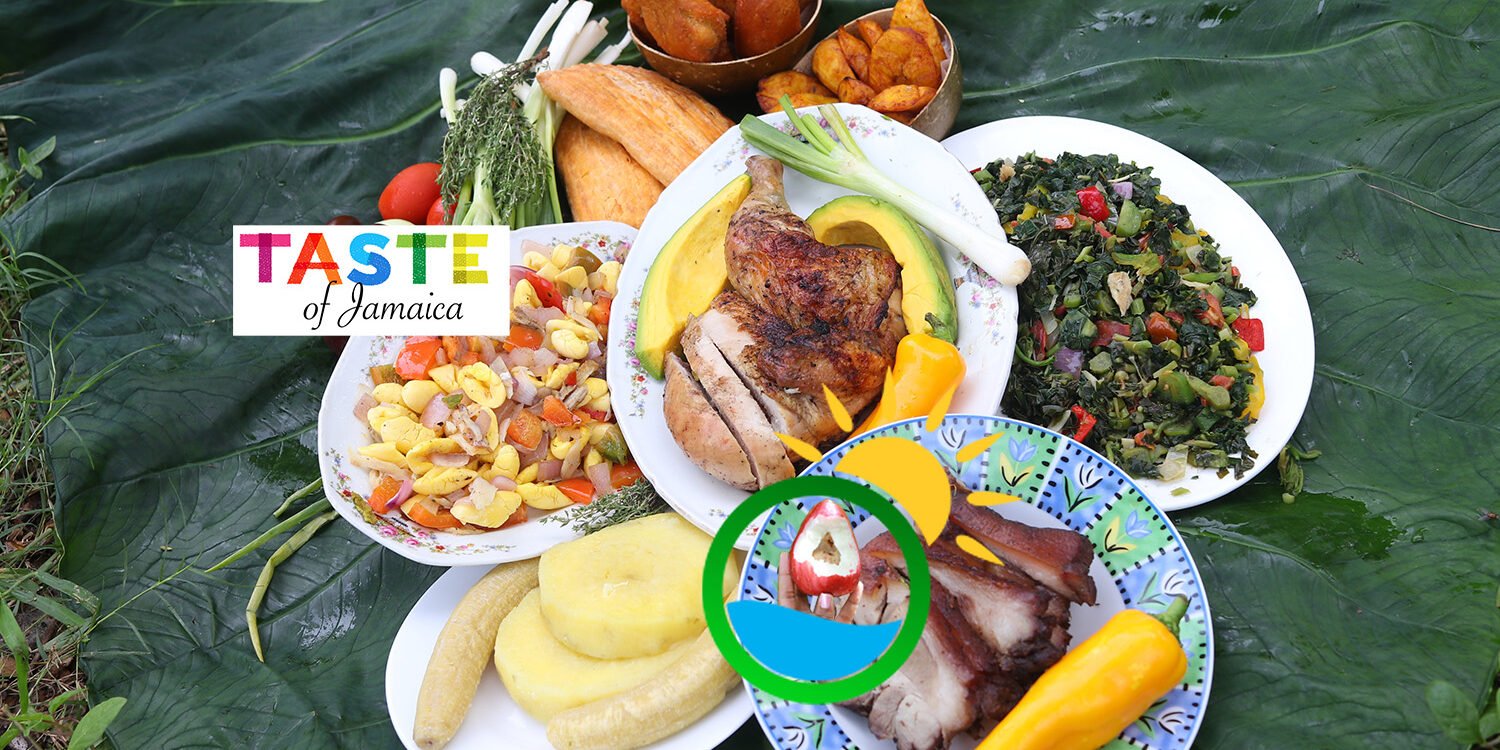The Influence of African Heritage on Jamaican Culture
Jamaica’s culture is deeply rooted in its African heritage, a legacy of the transatlantic slave trade that brought thousands of Africans to the island. Despite the forced displacement and hardships, enslaved Africans preserved and adapted their traditions, shaping Jamaica’s identity in ways that remain evident today. From language and music to food and spirituality, African influence is inseparable from what it means to be Jamaican.
Language and Communication
Jamaican Patois, or Jamaican Creole, is a linguistic blend of English and West African languages. Words, phrases, and speech patterns reflect African syntax and vocabulary, making it more than just broken English—it is a fully developed language shaped by African linguistic roots. Terms like “nyam” (eat) and “duppy” (ghost) originate from African dialects and remain central to Jamaican speech.
Music and Dance
Jamaican music is one of the most powerful expressions of African heritage. Traditional drumming, particularly Kumina and Nyabinghi rhythms, stems from African spiritual practices and has influenced genres like reggae, dancehall, and ska. Rastafarian drumming, with its deep roots in African traditions, played a key role in shaping reggae’s spiritual and political messages. The unmistakable syncopation in these musical styles reflects African rhythmic structures that emphasize off-beats and call-and-response patterns.
Dance is equally influenced by Africa, with moves and styles that echo traditional African celebrations. Dances like the bruk-up and the bogle have deep African roots, evolving from the body movements of ancestral rituals.
Religion and Spirituality
African spirituality significantly shaped Jamaican religious practices. Myalism, an African-based belief system, existed alongside Christianity and was often blended with European religious influences. Today, elements of Myalism persist in Revivalism, a syncretic faith that merges Christianity with African spiritual traditions.
Rastafarianism, one of Jamaica’s most recognizable religious movements, also has strong African ties. It embraces African identity, resistance to oppression, and the belief in repatriation to Africa. The movement’s use of biblical references and reverence for Emperor Haile Selassie I of Ethiopia reflect the deep connection between Jamaica and African consciousness.
Food and Culinary Traditions
Jamaican cuisine carries distinct African influences, from ingredients to cooking methods. Dishes like jerk chicken, ackee and saltfish, and run-down reflect flavors and techniques passed down through generations. The use of seasonings, slow-cooking methods, and the prominence of ground provisions (yam, cassava, and plantains) link Jamaican food to West African culinary traditions.
Art and Storytelling
Jamaican folklore is rich with African-derived stories and characters. Anansi, the trickster spider, comes from Ghanaian folklore and remains a beloved figure in Jamaican storytelling. Oral traditions continue to play a crucial role in passing down history, values, and cultural identity, just as they did in African societies.
Conclusion
African heritage is the backbone of Jamaican culture, shaping its language, music, religion, cuisine, and traditions. Despite centuries of colonization and cultural suppression, the resilience of African traditions has allowed them to thrive in Jamaica, creating a unique and vibrant national identity. Understanding and appreciating this influence is essential to recognizing Jamaica’s cultural richness and its connection to the wider African diaspora.









